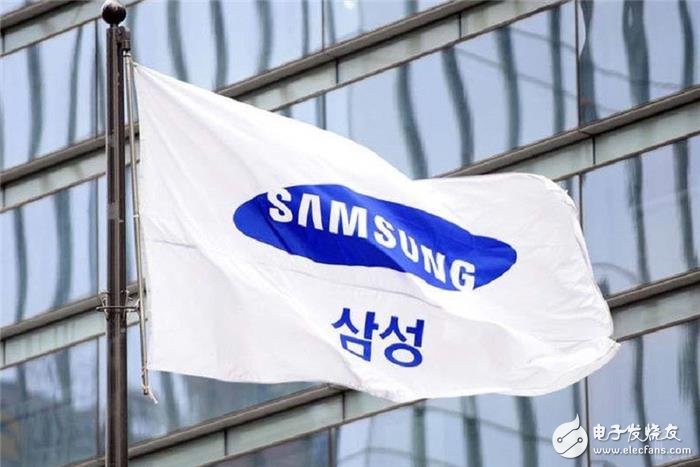Autopilot is a race in the world, and in this competition, technology giant Google started at the earliest. Today, Waymo, owned by Google's parent company Alphabet, should be regarded as a brother in this field, whether it is technology research and development, test distance or commercialization. The process is ahead of traditional car companies and other technology companies.

However, other technology companies have not waited, and Apple has been secretly engaged in autonomous driving for many years. It also planned to build its own car, and later changed to a research and development software platform.
In fact, there is also a technology company that is also catching up in silence, it is South Korea's Samsung. Samsung Group's products cover a wide range of consumer electronics products, such as smart phones, which are familiar to ordinary people.
Even after the scandal of battery explosion, Samsung's position in the smartphone market is still untouched, with sales exceeding 660 million units a year. Samsung’s share of the smartphone market was 19% last year and Apple’s 14%.
But smartphones are not Samsung's most profitable business, and with the rise of smart cars, the mobile phone may eventually become part of the future car. If you still stare at these businesses, it will be eliminated sooner or later. That's why Apple, which only makes computers and mobile phones, is so heavily invested in autonomous vehicles.
Samsung Electronics has quietly researched and developed Advanced Driver Assistance Systems (ADAS) at its strategic and innovation center in Silicon Valley, said Dave Anderson, technical director of intelligent hardware at the center, whose mission is to invest in future technologies, while Silicon Valley The most popular is automatic driving.
However, unlike Apple’s previous attempts, Samsung Electronics did not plan to build its own car. It focused on the creation of an open platform. During the CES in January this year, Samsung Electronics launched Drvline, a modular and expandable autopilot platform, which hopes to become a partner of traditional car companies that want to develop autonomous vehicles.
Dave Anderson believes that the smart car of the future is like a large four-wheeled smartphone, which is integrated with a variety of software. To achieve autonomous driving, it must consider many issues, such as system security, from the beginning of the design, which is similar to the problems encountered in the development of smart phones, and Samsung obviously has sufficient experience in this regard.
Compared with traditional cars, smart cars require faster iterations of technology and shorter lead times. Compared with the problems faced by traditional mobile phones and smart phones at the time, more and more technology companies are beginning to show their talents in the field of smart cars.
“Samsung didn’t create the first smartphone, but we quickly followed this trend and became the leader in today’s smartphones, just like what we did in other consumer electronics fields, whether it’s Refrigerators, washing machines or televisions. Our strength is this ability to respond quickly, and we still do this in the era of autonomous driving."
Dave Anderson said that for the automotive industry, Samsung has strong strength in terms of engineering strength and manufacturing capabilities. This is something that other technology companies can't match, so Samsung can bring disruption in the automotive industry. product.
Of course, Samsung Electronics knows a little bit that it can't "big bag" in the field of autonomous driving. To succeed, it needs more power. In March 2017, Samsung Electronics acquired audio giant Harman for $8 billion, and more than 1,000 engineers invested in the development of automated driving systems.
Samsung Electronics has spent nearly $100 million on building an autopilot platform and has invested in some autonomous driving startups. More than $100 million in seed funding has been developed to build a partnership ecosystem that focuses on five areas, including next-generation computers, sensors, software, interaction and user experience.
In September 2017, Samsung Electronics established a $300 million auto industry-specific fund to invest in startups related to autonomous vehicles. The first beneficiary was TTTech, which specializes in software integration.
So far, Samsung Electronics has invested 500 million US dollars in the field of automatic driving. Its goal is to become the leader of this market. Although it is not realistic to surpass Google in the short term, the strength of Samsung Group, which is also a chip and battery. Not to be underestimated.
Acetate Glasses,Acetate Sunglasses,Acetate Eyeglasses,Acetate Round Sunglasses
Danyang Hengshi Optical Glasses Co., Ltd. , https://www.hengshi-optical.com